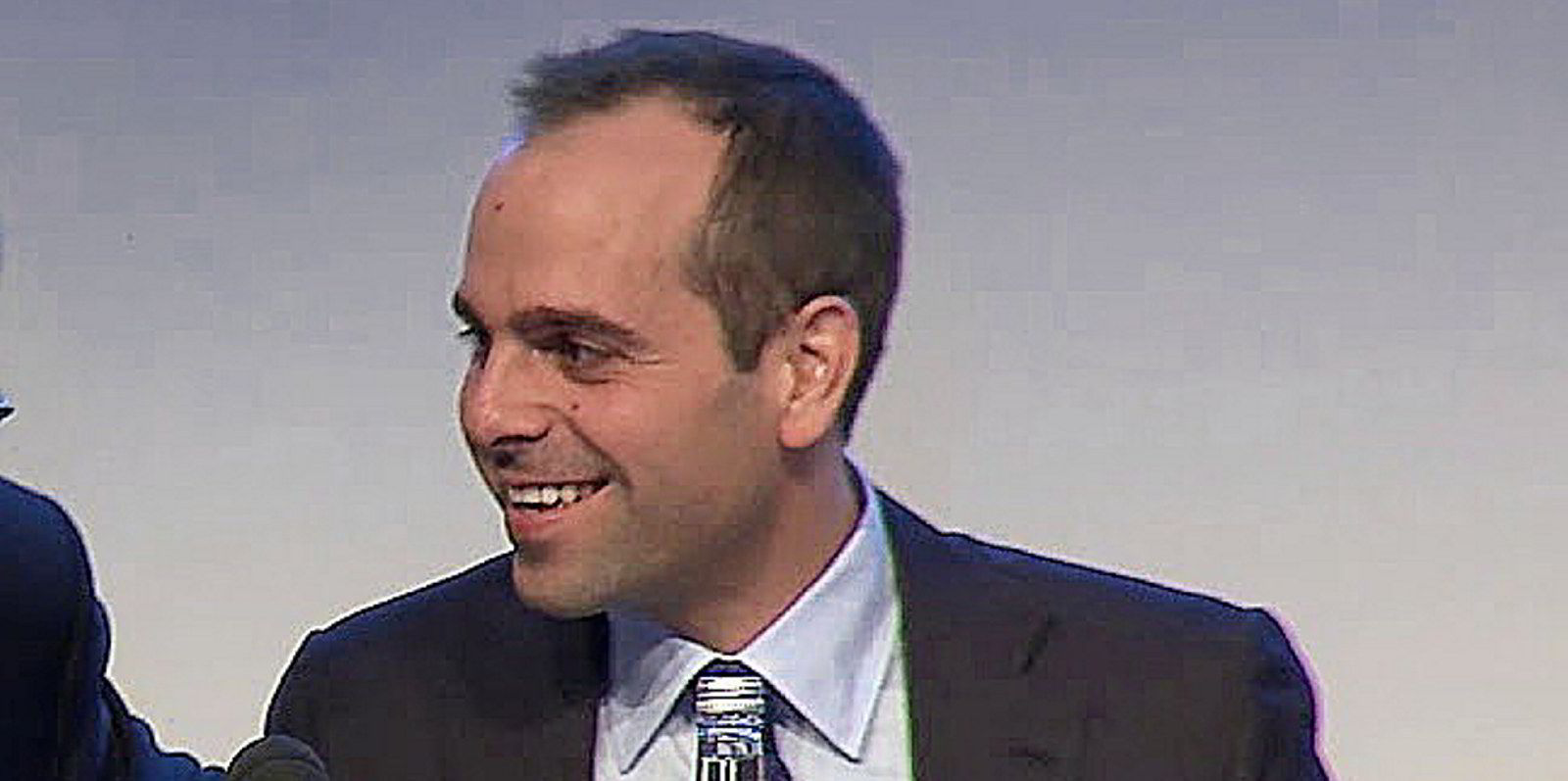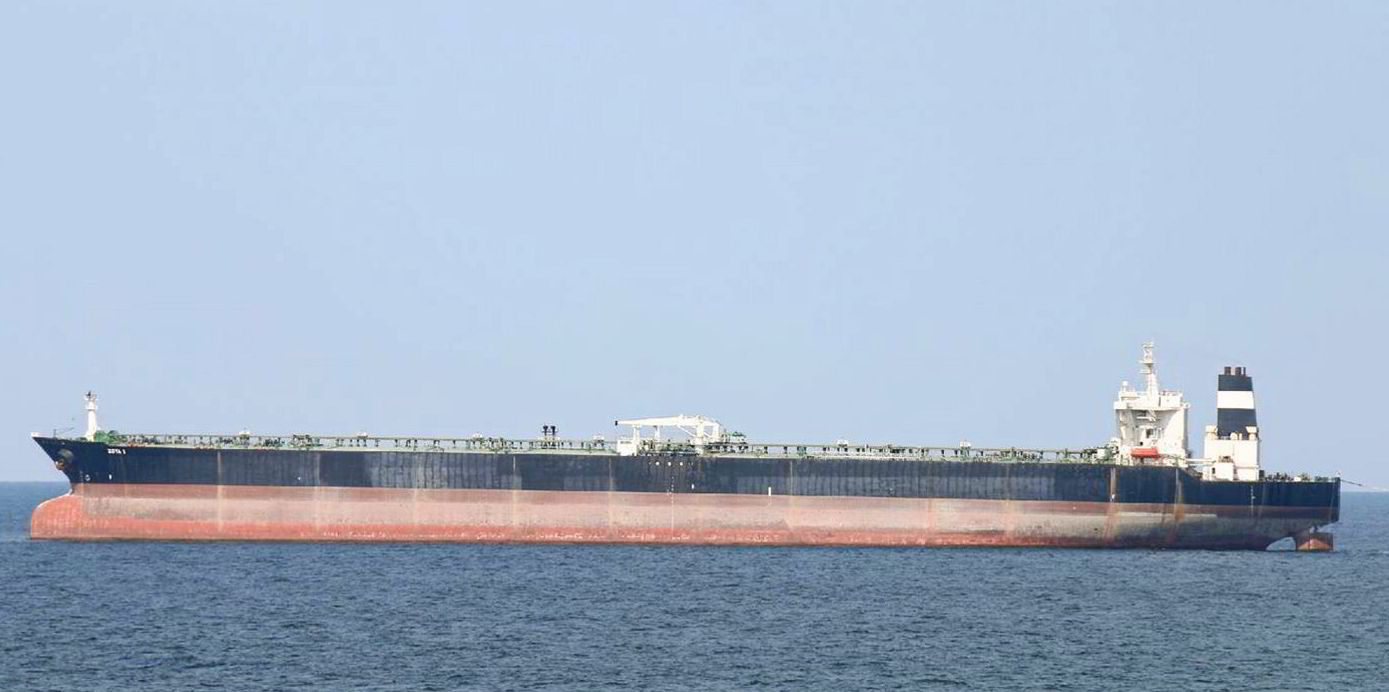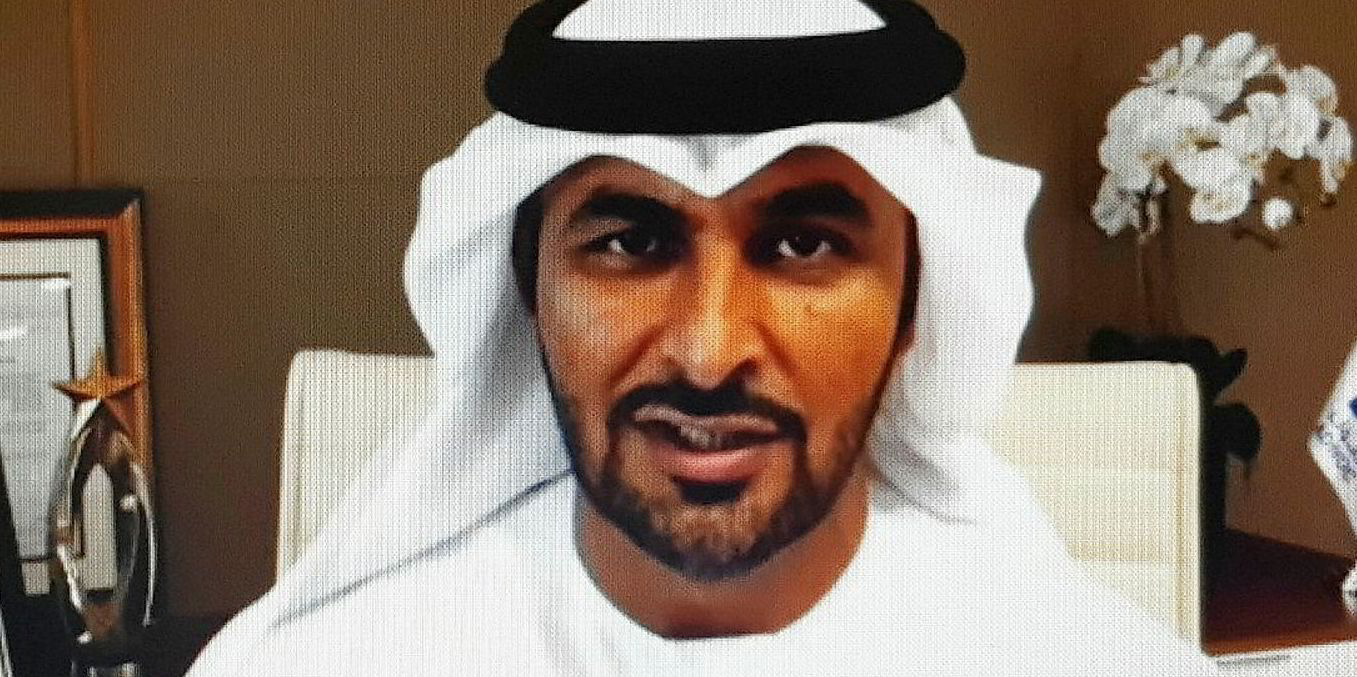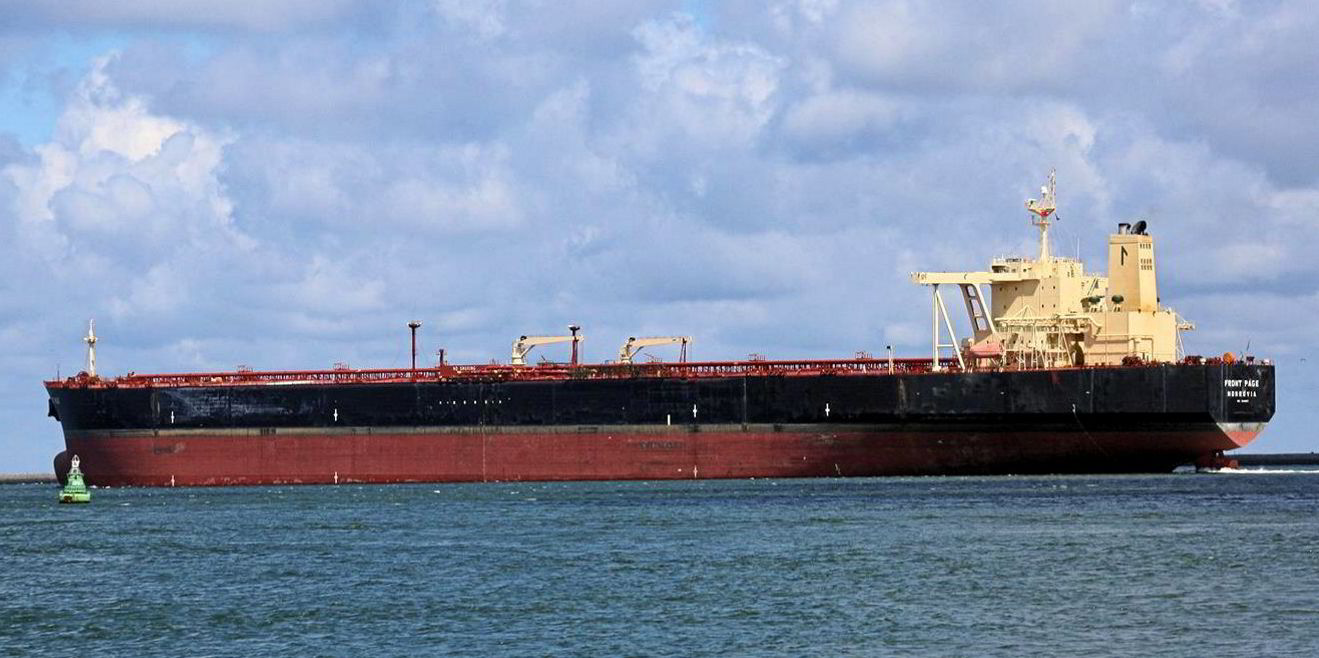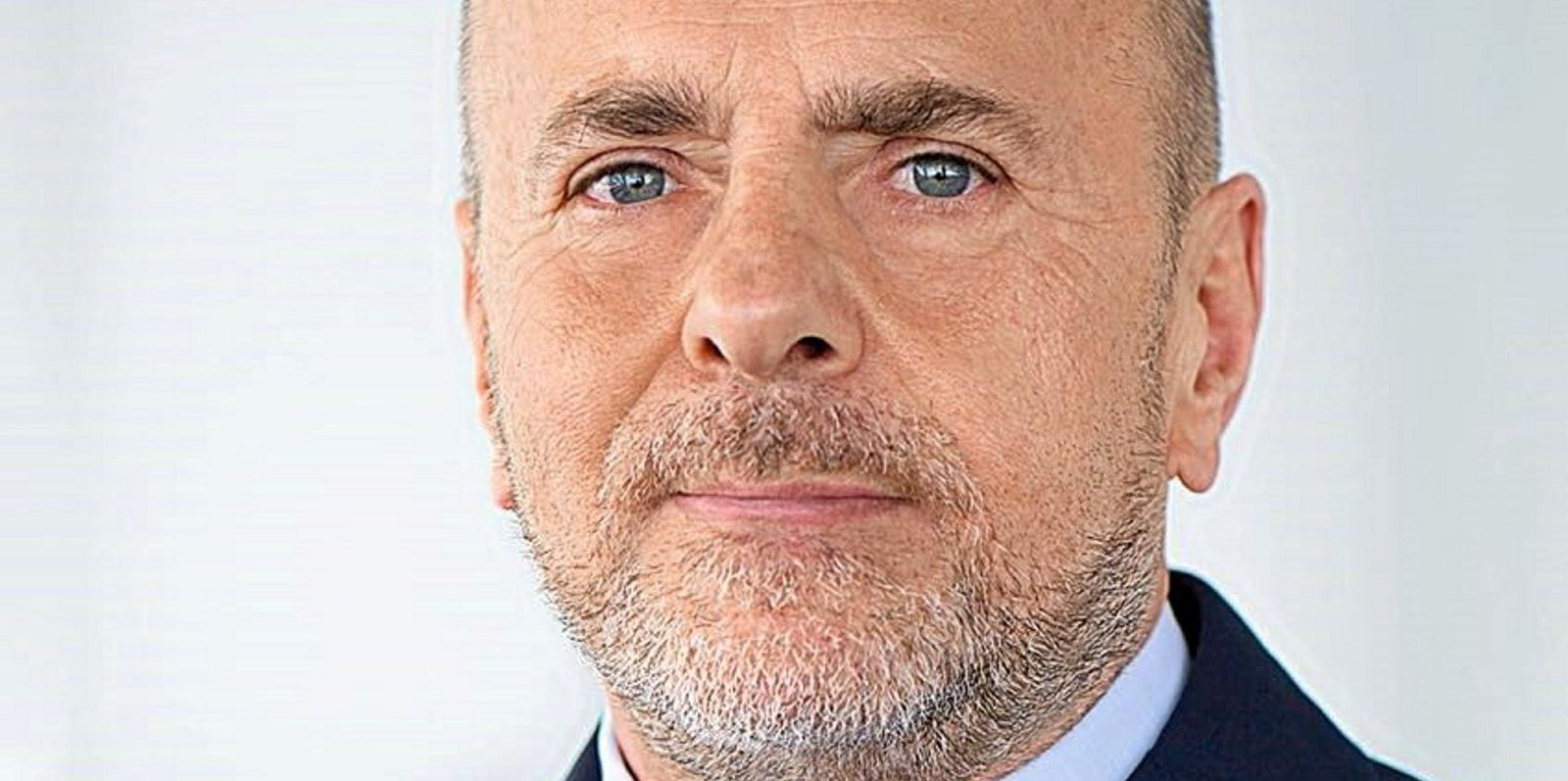The stance of the new US administration on sanctions could be crucial for the future of veteran VLCCs, according to Okeanis Eco Tankers.
The Oslo-listed owner sees the attitude of president elect Joe Biden towards Iran and Venezuela as potentially shaping the tanker fleet in the coming months.
Speaking on a conference call with analysts, chief operating officer Aristidis Alafouzos said that vessels over 15 years of age find it very difficult to compete for business that Okeanis' modern fleet will offer into.
He foresees a potentially big decline in asset values for those vessels, which have in the past been used for trade that Okeanis and "most serious owners" do not engage in, such as that related to Venezuela and Iran.
But he added: "With the election in the US, it seems the sanctions on Venezuela and Iran could be relaxed. These trades could again become normal, which normal owners can compete for."
Fighting for cargoes
If no relaxation of sanctions is forthcoming, older VLCCs are now seen as prime scrap candidates as rates fall.
Each Middle East Gulf cargo is now attracting offers from between 10 and 15 owners, Alafouzos said.
"The owners of those older ships will be last in the queue," he added. "It's a very difficult spot market - a difficult market for young ships and doubly difficult for vintage ships."
This week, TradeWinds has reported brokers as saying the first VLCC to be scrapped this year has gone to Pakistan breakers.
The 300,000-dwt Sam (built 1996) is said to have fetched $15.5m. The ship is the former Zoya 1.
Big cash burn
Okeanis said old debt-free VLCCs are burning through between $3m and $9m of cash per year in the current spot market, and emitting 40% more greenhouse gases than modern ships.
A 20-year old VLCC has a cash breakeven of $29,000 per day, the company calculated. But assuming spot rates of $5,000, this means an $8.77m cash burn per year.
If encumbered by debt, the cash burn is even more, the company added.
"Scrapping should accelerate in the coming months and years," Alafouzos said.
"Talking to S&P brokers, buying interest has dried up significantly recently," the COO added.
"I believe we will start seeing a very strong deterioration in the value of these ships that will bring them closer to scrap levels than we have seen previously."
Modern ships at bottom of value trough
Alafouzos views modern eco and scrubber-fitted ships at "pretty much near the bottom of where we can see values go," however.
He is expecting to see a rise next year, particularly in the second half.
The company still believes there are too many ships and too few cargoes.
OPEC compliance to output cuts has been strong since May, meaning 20% fewer cargoes in the Middle East Gulf.
"The VLCC tonnage list has been expanding steadily since July as ships return to the spot market from storage and deferred drydockings," Alafouzos said.
The COO added that recovery in jet fuel demand is key to rebalancing the oil market. "This should happen once the [Covid-19] vaccine releases pent up demand for air travel," he said.
